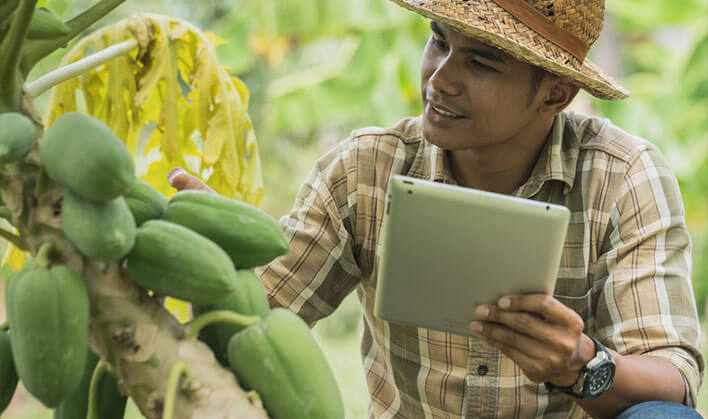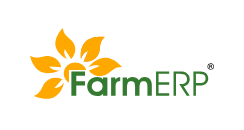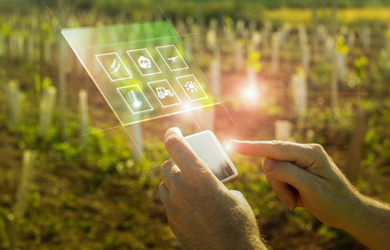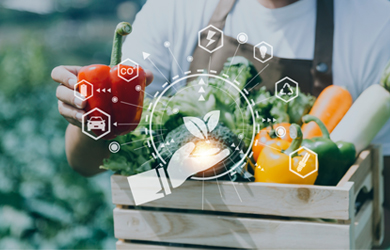Strengthening the Link Between Agriculture and Sustainability
Most agribusinesses are heavily dependent on natural resources, and end up having a deep impact on the earth. The world is waking up to severe negative impacts of agriculture on the environment, which includes degradation and pollution of air, water, and soil. Sustainable agriculture can be the part of New Normal for agribusinesses through various improvements in management and reduction in the use of water, energy, nutrients, and pesticides, energy and water per unit of land.

Making Sustainability Simpler and More Convenient for Agribusinesses
Implementing sustainability in agriculture is one of the top missions of FarmERP. We, at FarmERP, aim to make sustainability simpler and more convenient for all the agribusinesses involved in the agricultural supply chains.
FarmERP helps our users to simply measure parameters of implementing sustainability in their production practices. The agriculture management platform provides them with a system to record information about the usage of water, pesticides, and energy in order to optimize resources. Make technology more accessible to you for mitigating adverse impacts on the environment with the help of FarmERP.
How FarmERP Facilitates Agricultural Sustainability
FarmERP provides users with a technologically advanced, and intelligent farm monitoring system. It helps businesses keep the track of all the parameters for sustainability and ensure reduced impact of their business on the environment. Right from the limited use of water and pesticides to improved retention of nutrients in the soil, FarmERP helps in the management of all sustainable agriculture practices.
As a part of its commitment to the conservation of the environment, FarmERP has partnered with the Sustainable Rice Platform (SRP) – an alliance of over 100 institutional members that aims at the sustainable development of the global rice sector. FarmERP has also implemented two of the United Nations’ Sustainable Development Goals (SDGs) – Zero Hunger and Climate Action, which makes our users a part of the mission too.
- Conservation and protection of natural resources
- Efficient use of pesticides and fertilizers
- Improvement in smallholders’ livelihood and social wellbeing
- Resilience of ecosystem to climate change
- Data-based planning and management of agricultural production



